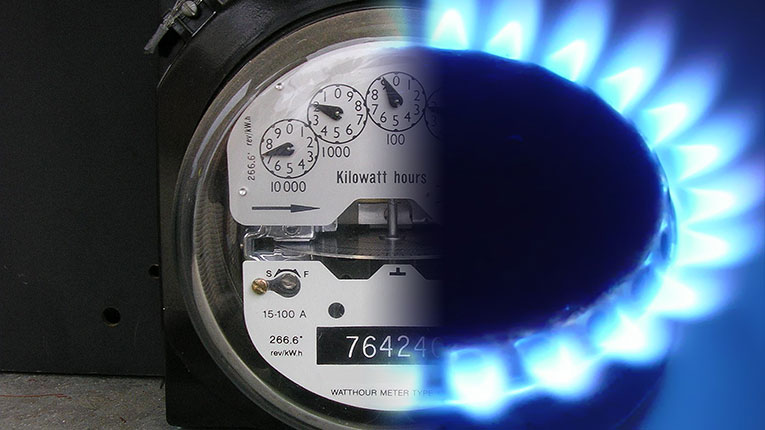The discussions held on the margins of the Energy Council, in which the Secretary of State Dan Drăgan also participated yesterday, resulted in “a political agreement regarding the proposal of the Council Regulation on coordinated actions to reduce gas consumption for the period August 1, 2022 – March 31 2023 at the level of the member states through measures aimed at ensuring a constant flow of gas to protected consumers and critical industry,” a statement from the Ministry of Energy reveals. At the same time, Romania and other states, such as Greece, support the decoupling of electricity from the gas market, the prices of electricity produced from gas being treated separately, and the other generation sources being treated as a common basket of products on the stock market. The measure would lower energy prices.
Thus, Romania supports decoupling the price of gas from that of electricity, in order to eliminate the contagion effect.
“Increased energy prices are still a subject that is under the attention of the European Commission and the Ministers of Energy. The analysis of the various possibilities for optimizing the current design of the energy market is of interest to Romania in order to ensure an affordable price for consumers. In this sense, Romania continues to support the exploration of the possibility of decoupling the price of electricity from the price of natural gas, an architecture that would allow limiting the contagion effect of the increase in the price of natural gas on the price of energy. The European Commission has indicated that it will carry out an impact study on various measures to optimize the design of the electricity market,” the ME release also states.
At the same time, the voluntary consumption reduction regulation essentially requires that the volume of gas consumed on March 31, 2023 be 15% lower than the average volume consumed in the similar period of the last 5 years in order to ensure the security in the supply of gas in the winter of 2022-2023, as well as an adequate level of gas in storage in the second quarter of 2023.
Savings measures will be voluntary at the level of the Member States, with the Commission providing a set of tools that countries can take into account according to national specificities. To the extent that the risk of a complete interruption or reduction in the supply of natural gas from Russia materializes, through the implementation decision of the Council, it will be possible to approve the entry into a state of alert at the EU level, through which coordinated measures will be taken to reduce consumption, until reaching a decrease of 15%.
Reductions prior to the entry into force of the state of alert compared to the similar period in the last 5 years are also reflected in the reduction target, which facilitates national efforts. During the reduction of consumption, a series of flexibilities negotiated in the text of the regulation will also be taken into account. For example, the gas used for non-electrical purposes can be deducted from the saving target, as well as the volumes of natural gas stored that exceed the intermediate storage targets established in the regulation on the obligation of natural gas stocks.

